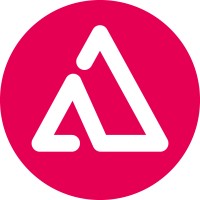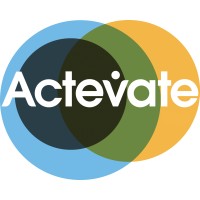
Alpina@Work
Weet u dat u als werkgever tenminste twaalf jaar lang verantwoordelijk bent voor uw personeel bij ziekte? Ook als deze persoon niet meer bij u in dienst is? En weet u welke rechten en plichten u heeft wanneer één van uw medewerkers het heuglijke nieuws van een zwangerschap komt brengen? Als werkgever speelt u een steeds grotere rol bij het beheersen van ziekteverzuim en arbeidsongeschiktheid. De overheid trekt zich verder terug en de regelgeving verandert continu. De Verzuimeconoom begrijpt dat u niet op de hoogte kunt zijn van alle wetten en regels rondom verzuim en arbeidsongeschiktheid. Daarom houden wij die voor u bij. Als ‘spin in het web’ ontzorgen wij u bij ziekte en arbeidsongeschiktheid. Wij begeleiden u en uw medewerkers in het verzuimproces, van het moment van ziek melden tot aan het reintegratie traject en regelgeving. U geeft ons een seintje, wij doen de rest!






